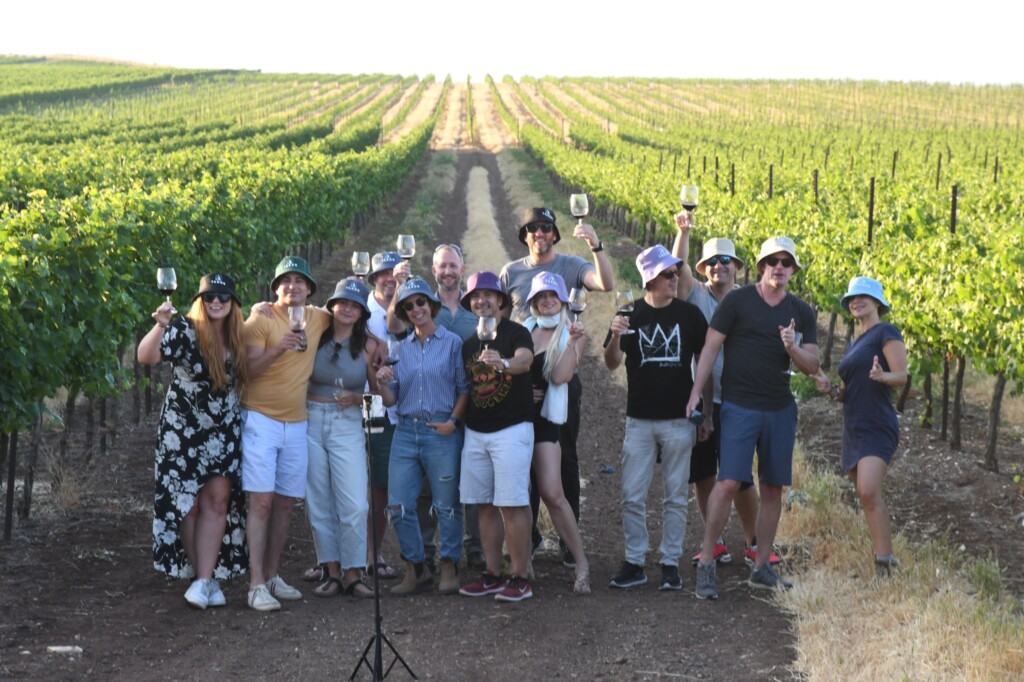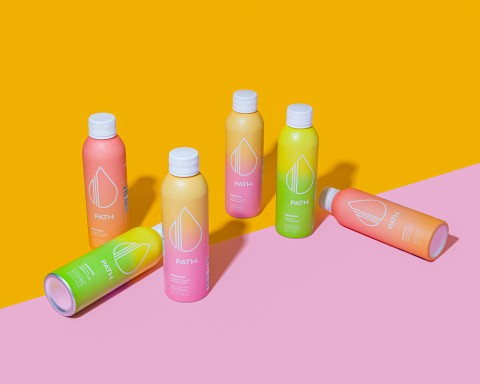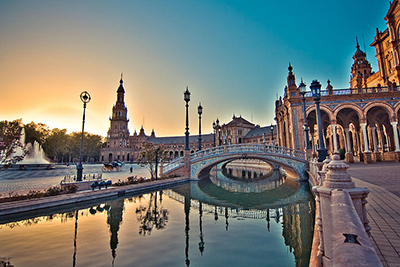From the vineyard to the table, countless factors influence how a bottle of wine will taste. The types of grapes used, the year they were harvested, and the fermentation style can each have a profound effect on how the wine will hit one’s palate. But perhaps the most important piece of the puzzle is the terroir, or the environment in which the grapes are grown. While countries like France, Italy, and Spain have long been praised as excellent winemaking regions, Israel is quickly gaining a reputation in the global wine industry as a vibrant, innovative supplier of high-class wine.
Part of the secret to Israel’s sudden growth in winemaking popularity is its use of innovative irrigation techniques combined with indigenous grapes from Israel’s unique climate. At the heart of it all is the Israeli Wine Producers Association (IWPA), which unites 40 wineries across every major wine‑growing region of Israel and is successfully elevating the country’s wines to the world stage. Blending 5,000 years of heritage with cutting‑edge innovation, the IWPA has helped Israel become one of the fastest‑growing wine regions on earth.
As IWPA Executive Vice President Joshua Greenstein notes, “I like to joke that Israel is a country that’s been making wine for 5,000 years, and now the world is beginning to realize that Israel is one of the fastest growing wine regions,” said Josh. “A lot of prepping, practicing, and refining was necessary to get Israeli wine to the caliber it’s achieved today.”
Building Brand Israel
In the wine industry, reputation is everything. While connoisseurs may pride themselves on dabbling in a wide variety of wines, most casual wine drinkers stick to brands and regions they already know they like. The IWPA’s mission is to reshape how Israeli wine is viewed in the U.S. and beyond. Historically, Israeli wines were often misunderstood or overlooked, frequently lumped into the category of overly sweet ceremonial wines. Today, more consumers are discovering that Israel offers high‑quality wines across a wide range of styles and price points.
“Despite the challenges Israel has faced, the unique terrain and climate have enabled the production of exceptional wines,” says Greenstein. “Our mission is to inspire people to discover the wines of Israel—offering an unmatched journey for wine lovers everywhere.”
By pairing ancient tradition with modern technology, Israeli vintners are bringing the winemaking process into the 21st century and producing wines that rival the best from globally recognized regions. Although Israel may not be a geographically vast country, it boasts numerous wineries that capitalize on the country’s unique landscape in various ways. The IWPA represents wineries ranging from boutique estates to the country’s largest producers, unifying their voice to promote, educate, and introduce U.S. customers to Israel’s world‑class wines.
Each member estate brings its own story and terroir, producing reds, whites, rosés, and sparklers now appearing in restaurants and bottle shops nationwide.
Meet the IWPA Wineries:
- 1848 Winery
- Alexander Winery
- Barkan Winery
- Ben Ami Winery
- BNNUN Winery
- Binyamina Winery
- Carmel Winery
- The Cave Winery
- Covenant Israel
- Domaine du Castel
- Ephod Winery
- Feldstein Winery
- Flam Winery
- Pinto Winery
- Gros Winery
- Gush Etzion Winery
- Jezreel Valley Winery
- Matar by Pelter
- Morad Winery
- Nadiv Winery
- Château Golan
- Netofa Winery
- Odem Mountain Winery
- Or Haganuz Winery
- Psagot Winery
- Raziel Winery
- Segal Winery
- Shamay Galilee Winery
- Shiloh Winery
- Stoudemire Wines
- Tabor Winery
- Teperberg Winery
- Tulip Winery
- Tura Winery
- Tzuba Winery
- Vitkin Winery
- Weiss Winery
- Yayin Winery
- Yali Winery
- Zion Winery
Innovation in the Vineyard
Israel may have a history that stretches back thousands of years, but it’s that storied, resilient history that’s enabled it to become a beacon of agricultural ingenuity. The country has been a pioneer in drip irrigation, allowing growers to fine‑tune water delivery and elevate grape quality even in arid zones. Not only has drip irrigation elevated Israel’s winemaking capabilities, but it’s now become standard in vineyards worldwide.
Drip irrigation is what makes it possible for Israel to produce such high-quality wines in so many different varieties. Precision control allows the grower to adjust the flow per vine, giving winemakers the ability to tailor irrigation for specific grape varieties and soil types. Many systems rely on innovative technology, such as sensors, IoT, and AI, that use data to enhance irrigation even further. And as a country that has lovingly tended the land for thousands of years, Israel’s use of drip irrigation supports organic and sustainable practices by limiting weeds and disease pressure from over-watering.
From boutique vineyards to large‑scale producers, winemakers often hone their craft in Australia, Italy, California, and elsewhere before applying global techniques to Israel’s diverse soils and elevations. Indigenous grapes such as Argaman further underscore the nation’s distinct wine identity. This curious blend of global influence and native varietals gives Israeli winemakers a distinct edge in the international wine scene.
While all IWPA wines happen to be certified kosher, their sophisticated aromas and layered flavor profiles appeal far beyond religious observance. Both religious and non-religious wine drinkers alike can enjoy the unique taste of Israeli wine without restriction.
Growing Beyond Its Roots
Just as Israel is quickly becoming one of the fastest-growing winemaking regions in the world, so is the IWPA growing in size and reach. Since its inception, the IWPA has grown from 18 wineries to more than 40. These wines are now found in top restaurants, retail shops, and online outlets across the U.S., solidifying Israel’s reputation as a dynamic winemaking nation. Wine tourism is also booming, with estates adding visitor centers, guided tastings, and immersive vineyard tours to celebrate Israel’s historic vineyards.
“The quality and rich tradition of the wines created in Israel is finally starting to get the praise and recognition it deserves,” said Josh. “And there is an open invitation for all of us in America to come along for the journey.”
Ask your local retailer about Israeli wines or visit www.iwpa.com for online options. Follow @IsraeliWine on Instagram for the latest releases and events.








